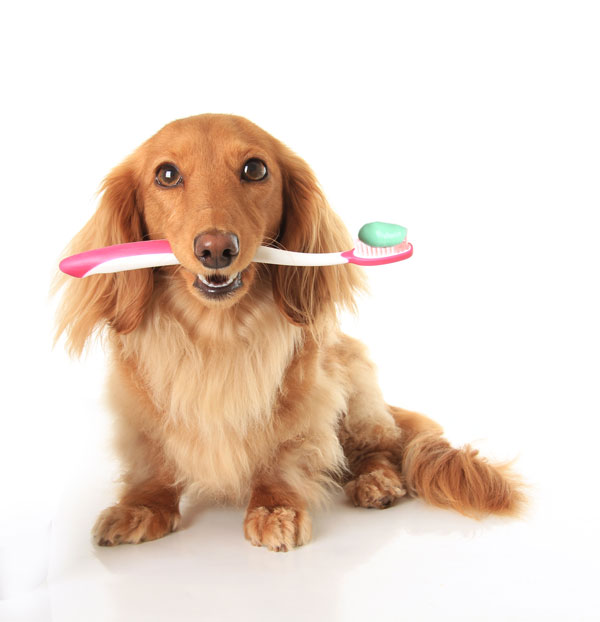
Strong Teeth Are the Foundation of Your Pet's Health
Dental disease and its prevention is a large concern in veterinary medicine. With pet owners taking such amazing care of their furry family members, dental disease has understandably and necessarily come to the forefront, especially for our older pets. In a normal mouth, the teeth are clean and white and the gums attach to the tooth with no inflammation or interruptions. As the dog or cat gets older, their teeth are bathed in saliva, bacteria and food particles. Tartar (plaque) will develop unless it is brushed away. This combination of particles and bacteria will also collect in-between the tooth and the gingiva leading to inflammation and infection. If there is no intervention, gingival recession and a variety of tooth defects will develop. If the dental disease continues unabated, then the bacteria of the mouth can cause disintegration of the jaw bone, and will eventually lead to infection via the bloodstream to the heart, liver, and kidneys.
In general, pets need to have their teeth examined once a year and professional cleanings may be recommended at that time. Veterinary dental cleanings require general anesthesia to ensure the most thorough cleaning of the teeth. Fortunately, there is a lot we can do to prevent dental disease in our pets. Teeth brushing with a finger or long-handle toothbrush and pet toothpaste at least 2-3 times a week is best, however, you can also consider water additives, oral rinses, dental sprays, and dental treats. The doctors at Shoreline Veterinary Hospital would be happy to discuss your pet’s needs at their next visit.


